articles
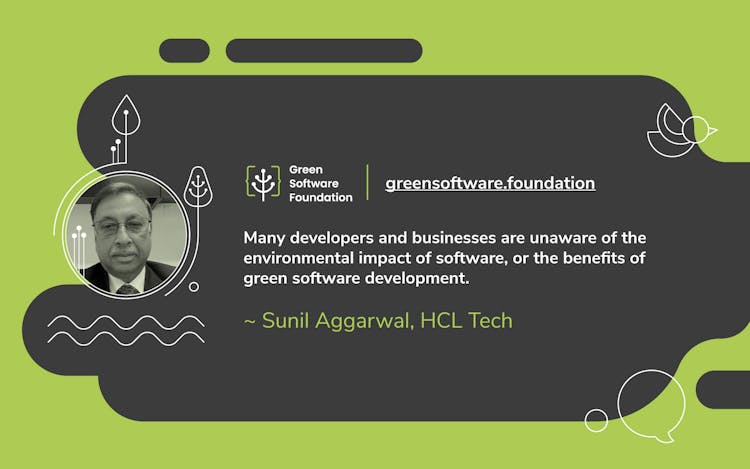
Cost Savings a Key Driver for Green Software Adoption - Meet Sunil Aggarwal, Sr. Vice President at HCLTech
HCLTech is a software developer with a solid internal focus on green software training. SVP and Global Client Partner at HCLTech, Sunil Aggarwal, reveals more about their green software journey.

Green Software Foundation - Book of News 2023
The GSF Book of News delivers insights into the foundation's latest projects and initiatives.
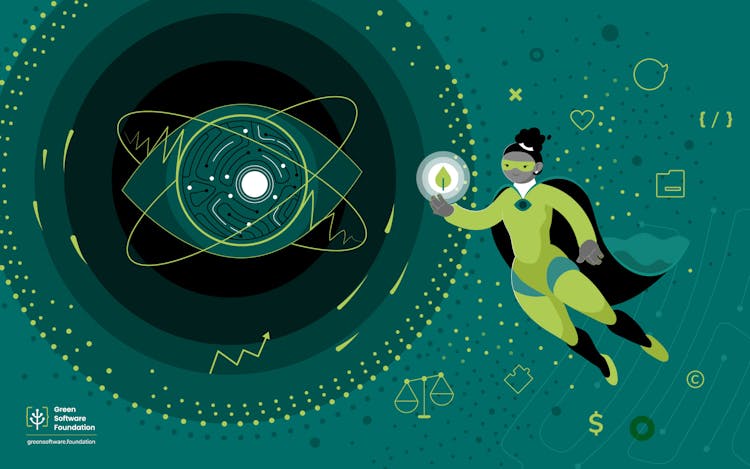
Can AI Truly Be Green?
In a recent GSF-organized panel on responsible AI, experts discussed the environmental challenges of AI, prompting a critical question: Can AI be truly green?
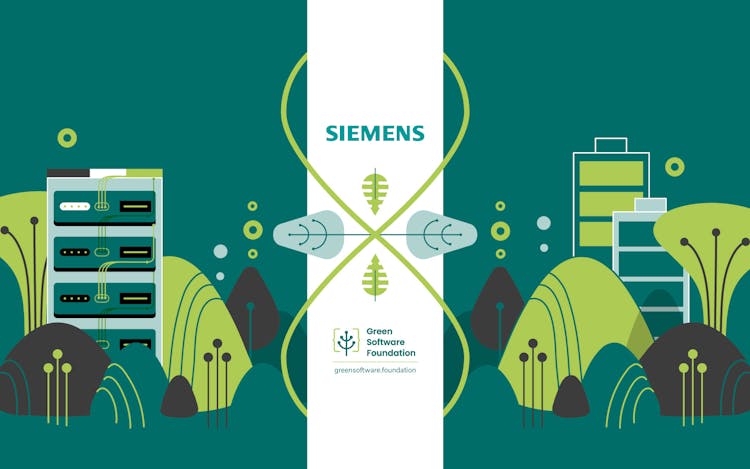
Siemens Joins Green Software Foundation’s Steering Committee To Drive Sustainable Software Development
NEWS - Siemens joins Green Software Foundation - Read the Press Release
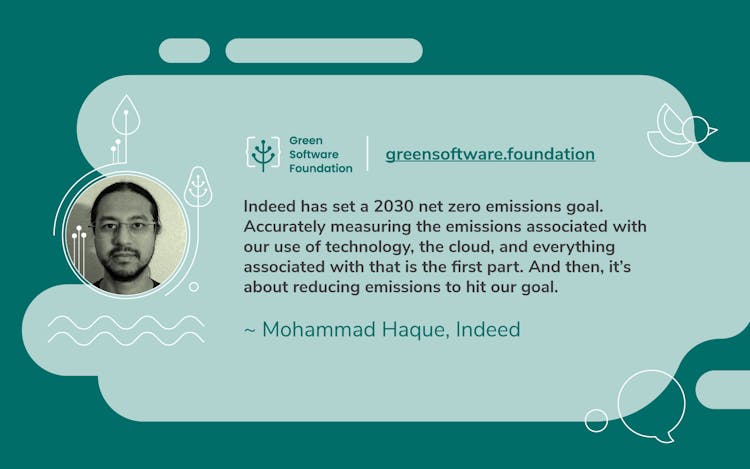
ESG at the Center of Corporate Sustainability - Meet Mohammad Haque of Indeed
Indeed is a global force that has redefined how people find jobs and companies find the talent they need to thrive. Software is at the core of Indeed’s strategy, making it the main focus of corporate sustainability efforts.
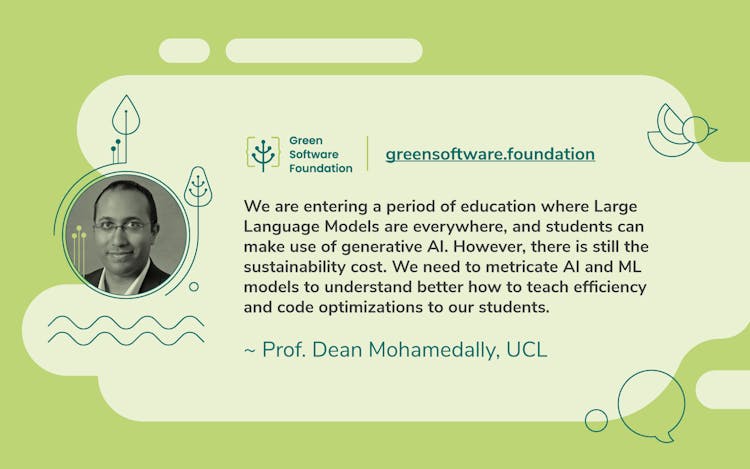
Using Less Hardware and Improving Efficiency – Meet Prof. Dean Mohamedally of UCL
With over 140 lecturers, 100 research staff and 1,300 students, the world-leading Department of Computer Science at UCL is building momentum toward green software

Green Software Advocate Series: An Interview with Pindy Bhullar
Pindy Bhullar is a driving force behind the green software movement. We asked her about her passion for sustainability and the future of green software.

Software Carbon Efficiency Rating - A consumer-friendly rating for software carbon intensity
The GSF Standards Working Group has initiated a project to close the gap of a carbon efficiency rating. The objective is to prove a tool for informing procurement decisions and potentially shaping regulations surrounding software carbon emissions.
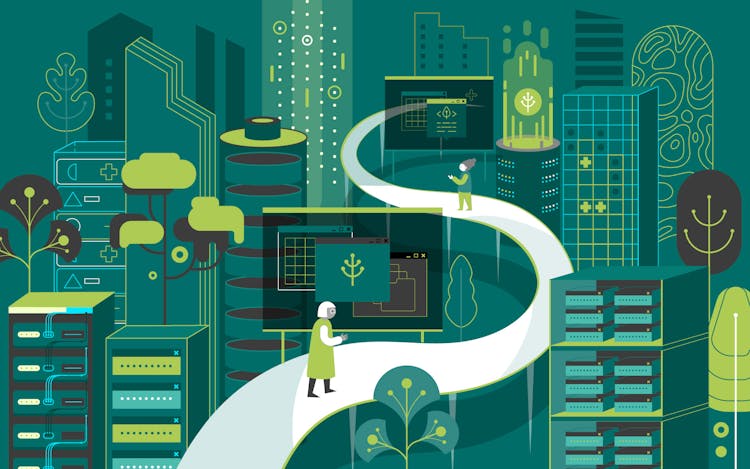
Coding for a Greener Future: Exploring Upcoming Events in Green Software
Find out about exciting events in the green software space. Our article sheds a light on what's in the pipeline, providing you the dates, topics and links.

The Carbon Conundrum and Ethical Quandaries in the Expanding Realm of AI
In this blog, we'll provide a summary of the key messages and concepts shared in Abhishek Gupta’s latest article on The Imperative for Sustainable AI Systems, published on The Gradient.